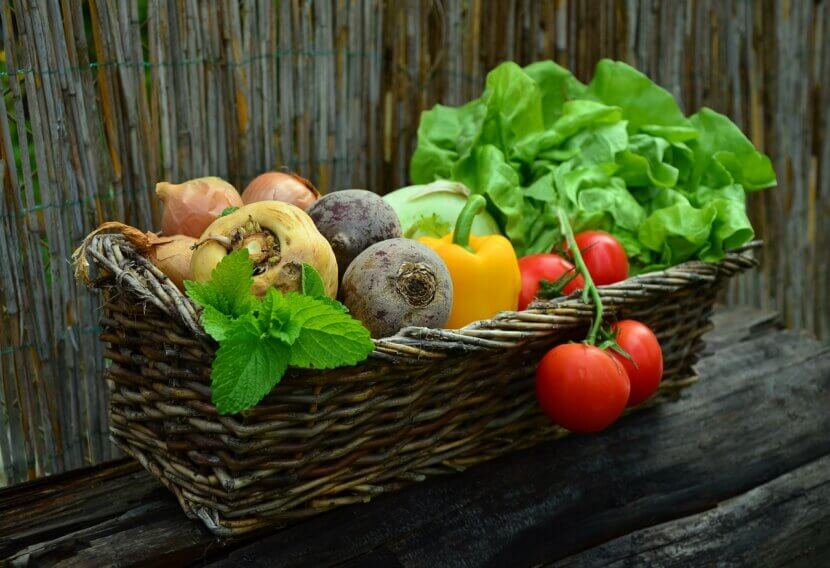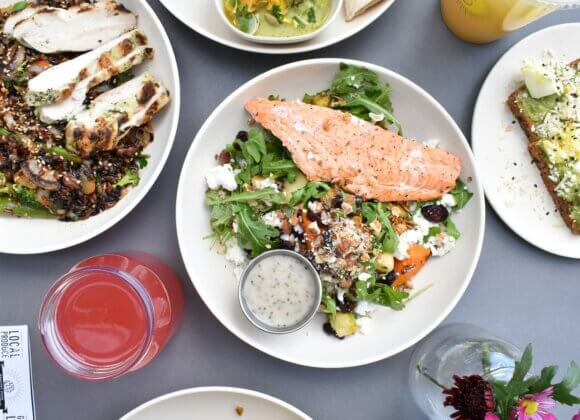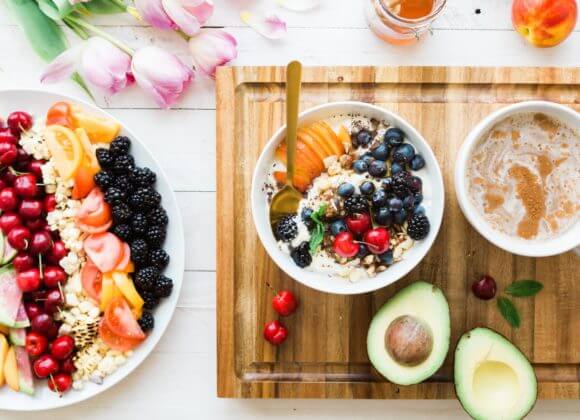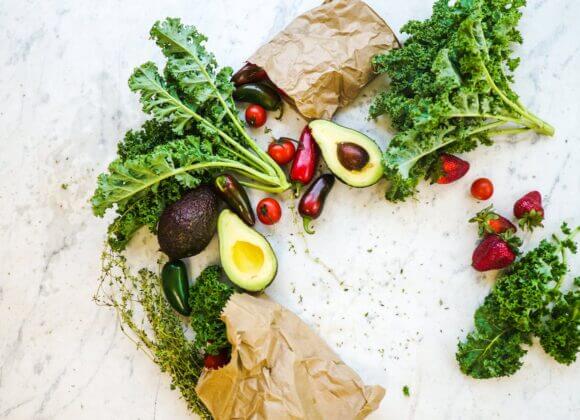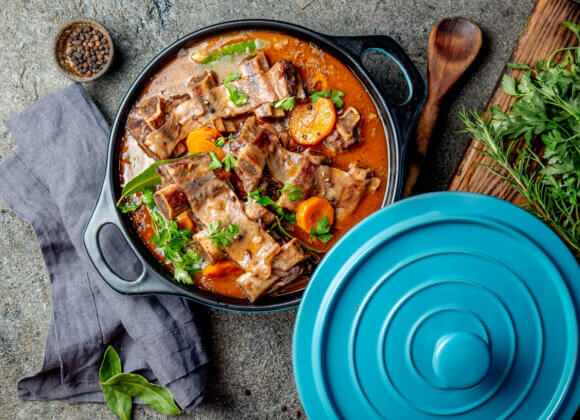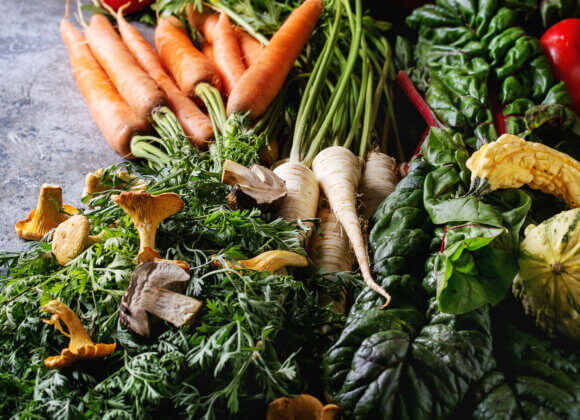The future of our nutrition is diverse: from functional food to zero waste and personalized approaches. But what does that mean? Nutrition coach Arabelle Kamler provides an insight into the most important nutrition trendsfor 2025 and shows how we can improve our eating habits sustainably and individually.
The World Health Organization (WHO) is sounding the alarm: according to a study, the leading cause of death worldwide for several years has been due to wrong nutrition. A drastic change in our eating habits is essential to counter the growing health risks. “Nutrition is not just what we eat, but how we live our lives,” explains Arabelle Kamler, renowned nutrition expert from Vienna. With a focus on prevention and awareness, she sees seven key trends that will shape our plates in the coming years.
1. functional food: superfoods with added value
Functional food is no longer a niche. Foods with benefits such as ashwagandha (also known as “sleeping berries”) or matcha help the body to cope with stress and find hormonal balance. Basically, according to Kamler, “you can do a lot of positive things for the body with just a small addition of certain nutrients.” There is a wide range of functional foods depending on the area.


2. zero waste: sustainability on the plate
The zero-waste movement is also gaining more and more followers in the kitchen. “There is a lot of potential in apple peelings or carrot leaves – you just have to know what to make of them.” Have you ever tried potato chips or pesto? You bet! These creative approaches are not only environmentally friendly, but also promote a conscious approach to food.
*Our zero-waste book recommendation: Zero Waste Kitchen
*Glass boxes ideal for storage
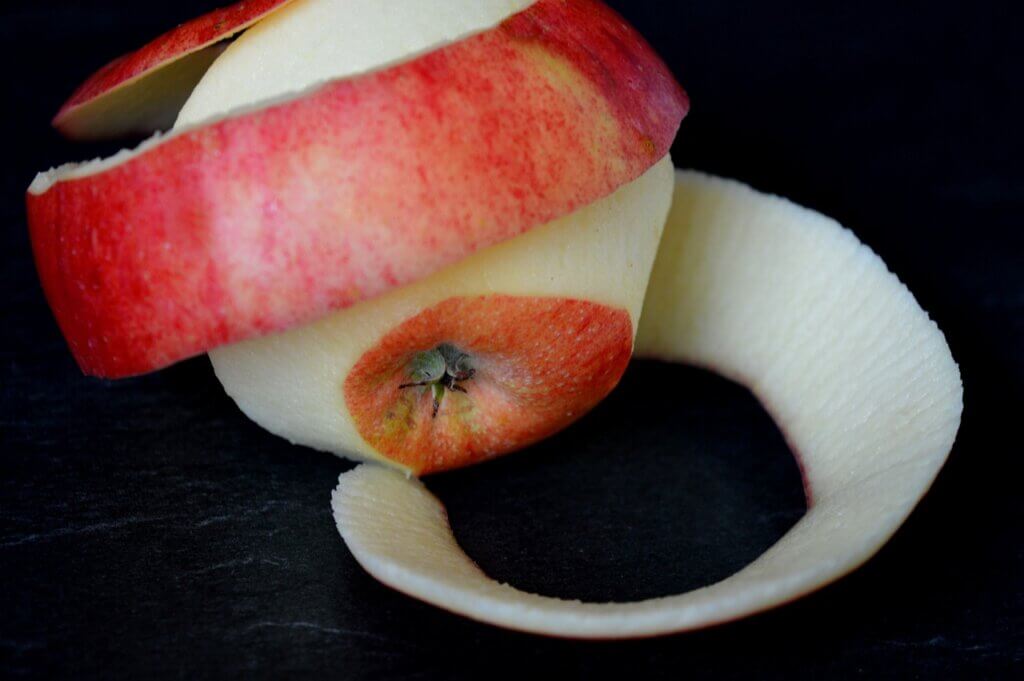
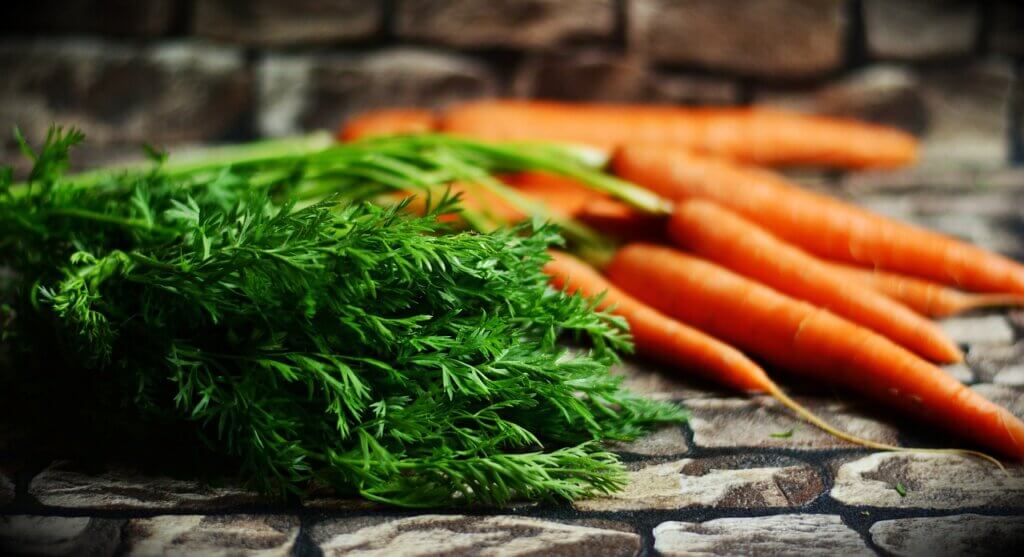
3. personalized nutrition: tailor-made for health
From microbiome analyses to blood tests – the diet of the future is individual. “There is no one-size-fits-all. Everyone has different needs, and nutrition can specifically address health challenges,” emphasizes Kamler. This means that chronic illnesses such as diabetes or irritable bowel syndrome can be better supported.
4. back to the roots: back to naturalness
“Wheat used to be a healthy staple food, but today it has hardly any nutrients due to over-breeding,” explains Kamler. The focus is on returning to original foods such as sweet potatoes or homemade alternatives such as spinach wraps without flour. According to Kamler, fasting or intermittent fasting are also “natural tools” that complement our diet.
5 Organic and preventive: for a long life
Prevention is becoming a key issue. Foods such as turmeric, garlic and artichokes support the liver, while high-fiber foods such as oats and linseed promote intestinal health. “Our food can do so much good – it can not only provide us with energy, but also support specific organs.”
6. happy food: coping with stress through the right diet
Oatmeal for serotonin, dark chocolate for endorphins: certain foods can have a positive effect on our mood. “Especially in stressful times, it is important to calm the nervous system,” explains Kamler.
7. holistic, balanced, varied: the basis for everything
“A healthy, balanced diet means the right composition and, above all, the variety of the right foods with a high nutrient density,” emphasizes Kamler. Ideally, this should not be done once a day, but at every meal we eat. (See the BELLES TELLER graphic for the structure of an ideal plate).
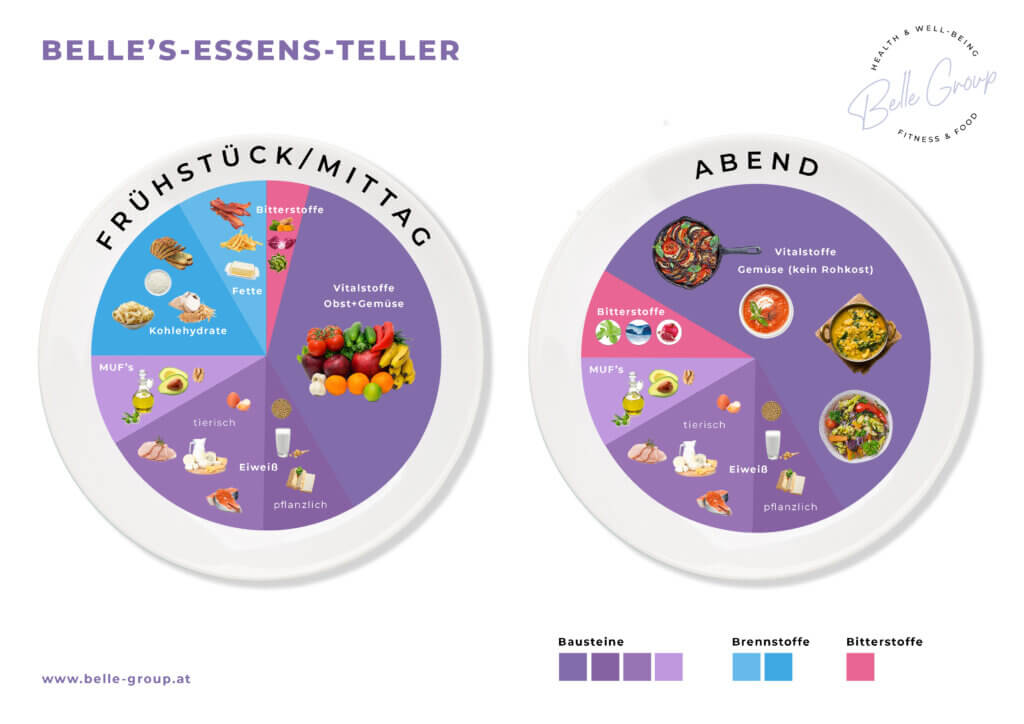
A look into the future of nutrition trends
The diet of the future is characterized by individuality and sustainability. It relies on natural, unprocessed foods and combines enjoyment with functionality. Those who start changing their behavior early on will benefit in the long term – not only in terms of health, but also with regard to the environment.

*The links marked with an asterisk (“*”) are affiliate links. If you buy a product via these links, we will receive a commission. Of course, this does not change the price for you.
Related posts:


